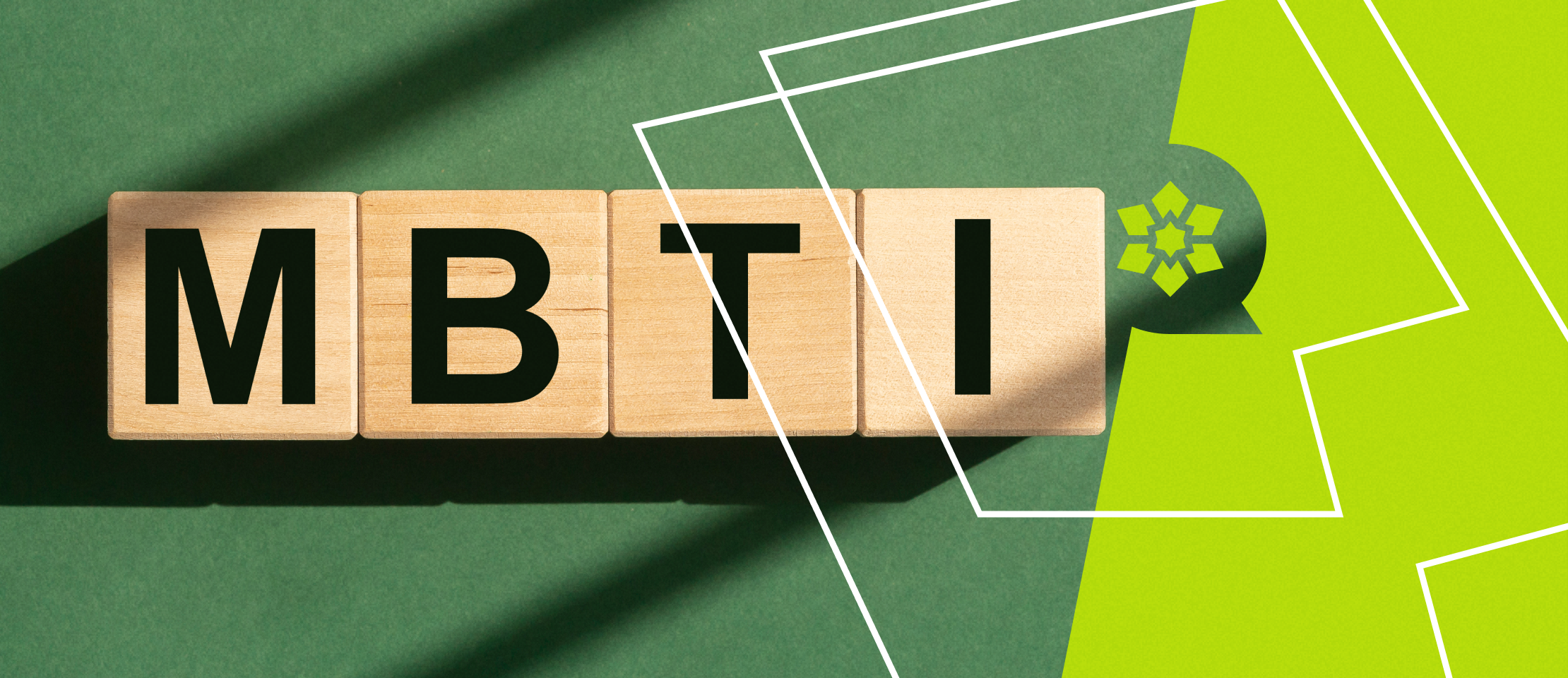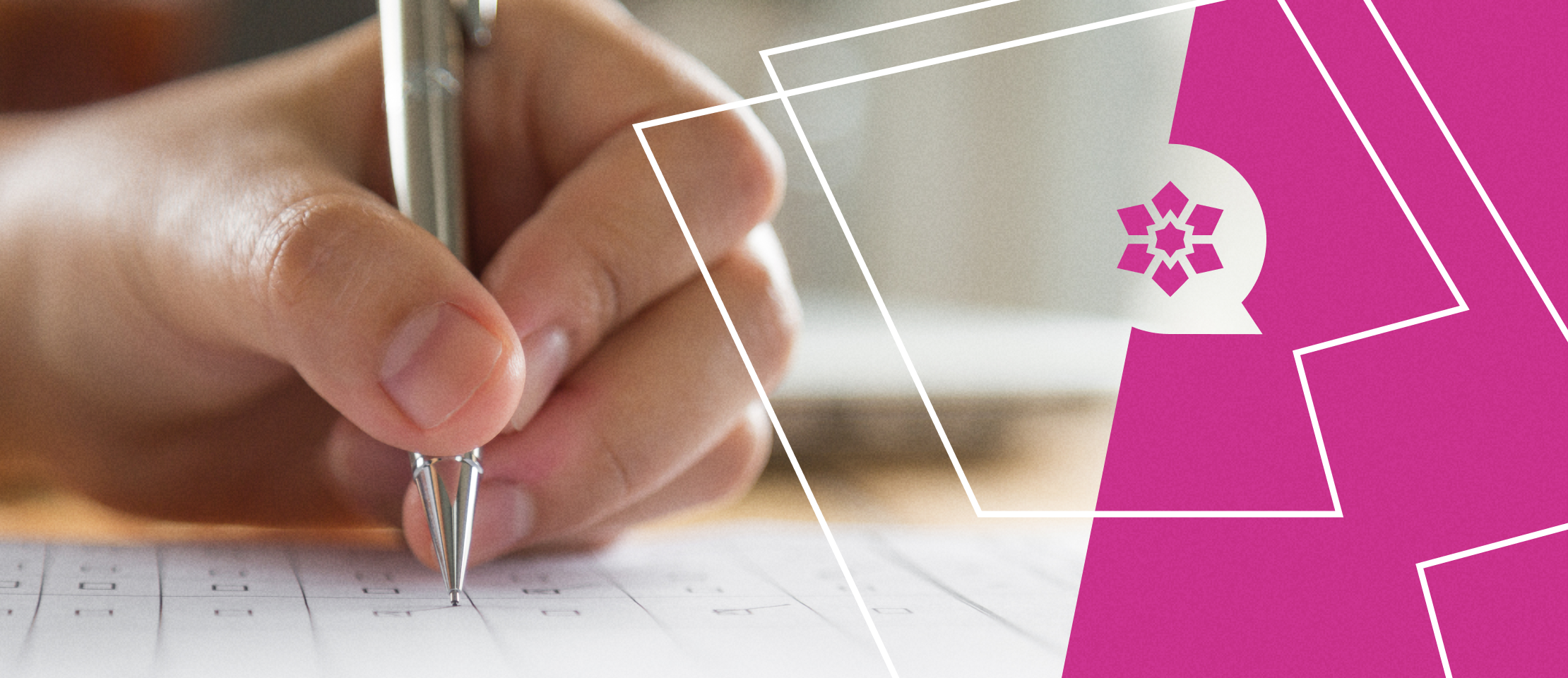
Having extroverts in the workplace can result in a more social, connected, and collaborative team. Whether making small talk with new people at social events or inspiring the people around them with their charismatic personalities, extroverts tend to find ways to relate to and connect with the people and world around them.
There are many different ways extraversion manifests in someones’ personality, and some extroverts may lack certain stereotypical extroverted traits. It is important to understand the other aspects of extroverted personalities in the workplace and how to foster a suitable environment for everyone-- no matter where they fall on the extrovert spectrum.
Understanding extroverts in the workplace
Extroverts may be defined as individuals who are energized through external stimuli such as social gatherings or collaborative group work. Where introverts would rather spend time alone to recharge, after a long day extroverts instead gain energy through being out and socializing with others. This doesn’t necessarily mean that all extroverts are the loudest at the party; extroverted individuals typically enjoy small talk and mingling with new people, feeling energized throughout and after such experiences regardless of how outspoken they act in the moment.
This article will cover tips on dealing with an extrovert in the workplace and describe the type of environment an extrovert enjoys working in. While it is pretty easy to determine whether someone is an extroverted or introverted employee, it can be beneficial to learn more about the different personalities that make up the work environment. Get started by taking a free personality assessment.
How to identify an extrovert at work
Some people prefer to work independently and free from the distractions of other teammates, while others enjoy collaborating and socializing with colleagues frequently. As the latter, extroverts in the workplace are typically more inclined to prefer group work and having the ability to include others in their brainstorming processes. Read on to learn about some of the ways you may identify an extrovert at work:
Loves to collaborate with others
In both their personal and professional lives, extroverts enjoy the company of others and socializing with their peers. In the workplace, extroverts prefer to collaborate with their coworkers by working together towards a common goal and bouncing ideas off each other. Extroverts are pretty friendly and enjoy teamwork because of the social aspect and the ability to connect with others in the process. Because they possess the ability to motivate the people around them, their participation in group work usually inspires higher performance and better employee satisfaction. In contrast, extroverts may become bored, frustrated, and drained if left alone to work on projects.
Always willing to help
Because extroverted people love to collaborate with others, they are often the first to lend a helping hand to a colleague in need. Extroverts also place high importance on the approval of others and the value they can give to those around them. In some cases, extroverts’ people-pleasing tendencies can get them into trouble, but in others such as this, it makes them likable and valued as team members.
Prefers to talk through their ideas
Rather than thinking things through, extroverts tend to prefer talking through their ideas. Extroverts process things externally; it is easier for them to sort through ideas and thoughts out loud rather than in writing. Because they are energized through the presence of others, they can innovate on ideas better when in brainstorming sessions or collaborative teams rather than when working independently. Extroverts are enthusiastic about their ideas and enjoy sharing them with others to gain more perspective and feedback.
Willing to take charge
As a result of their ability to adapt well in different social settings and speak persuasively when conversing with others, extroverts usually do well in leadership positions. In the workplace, extroverted people are willing to take charge-- whether running point on a presentation, coordinating and delegating group work, or motivating others towards higher performance and success. Because they are confident, assertive, social, and charismatic, others are likely to follow their lead.
Relates well to others
Extroverts enjoy the company of others and gain their energy from connecting with and forming relationships with their peers. Because of this, they easily find ways to relate to others and build meaningful working relationships. With their ability to quickly and easily form friendships with others, they are well-liked in the workplace and within their teams.
Still unsure of whether you or someone you know is an extrovert? Try taking our free personality test today!
How to deal with extroverts at work
Knowing how to collaborate effectively with extroverts in the workplace can seem intimidating for their more introverted counterparts. It is important to set firm boundaries when dealing with extroverts while still allowing them space to share. In adopting certain practices to better suit more extroverted employees, you can effectively manage, collaborate, and attain goals together. Here are some of the ways to work effectively with extroverts:
1. Allow them to share
Extroverts like to share their ideas and thoughts with others and sometimes need validation from praise or approval amongst peers. Reserve time before, during, or after meetings for extroverts to share their ideas and brainstorm. Sharing helps extroverts think through their thoughts, process information verbally, and cooperate with their coworkers to develop solutions. In having extroverts share their ideas, you promote forward-thinking and solutions-oriented discussions amongst them and their peers.
2. Be firm with boundaries
Sometimes, extroverted people are more inclined to be outspoken and gregarious, which can adversely affect teams in certain circumstances or in high doses. Leaders need to set boundaries with their extroverted employees to help them work most effectively with the team and understand when to step back and let others take the lead. For example, rather than letting them take over a team meeting with their many ideas and opinions, make room for others to share and contribute to the conversation.
3. Give them positive feedback frequently
Extroverts gain their energy from external stimuli; therefore, frequent positive feedback can motivate and inspire them in their roles. As they are stimulated and energized through verbal recognition, make a point to praise them for their excellent work. In receiving such praise, extroverts are more likely to performer higher and work more productively. Keep negative talk at a minimum, and instead, find ways to positively discuss what needs improvement and work together to find solutions.
3. Make them aware of their working style
It is crucial to discuss working and communication styles with extroverted employees and their effects on other employees in the workplace. To avoid unnecessary tension, extroverts must understand how they impact the more introverted employees in an office environment and when to tone it down or adapt. When extroverts know their working style and how it may affect those around them, they can learn to collaborate and communicate most effectively with their teammates. Learn more about introverted personality working styles here.
4. Set clear goals and expectations
It’s easy for extroverted employees to get sidetracked or distracted with their many big ideas and affliction for sidebar socializing. Extroverts typically invest more energy into social activities and may struggle with taking time to be introspective or meet their goals. Setting clear expectations and goals for extroverts in the office can help maintain their productivity and dial in their focus. Be sure to highlight important dates or details and set realistic and achievable goals, as most extroverted employees are big-picture thinkers and may accidentally neglect more minor details.
5. Delegate efficiently
For any team, appropriately delegating tasks is vital for overall success. If you assign tasks that are draining, employees are more susceptible to burnout and dissatisfaction. While one person may find a particular project tedious and frustrating, another may find it energizing and challenging. Understanding your team and their personalities can help you best determine which tasks are most suitable for your team members. For example, a project including public speaking and social interaction may energize extroverts but be an introvert’s worst nightmare.
How to create the best work environment for extroverts
Most commonly, an extrovert employee will feel most comfortable in an open office environment that encourages group interaction and teamwork. Extroverts are energized through external stimuli, such as interactions with their colleagues, so promoting cooperation and allowing time for social interaction is vital for extroverted employees to thrive. In creating the best work environment for extroverts, there are various steps you can take:
Have collaborating opportunities
Because extroverts work their most productively when working with others, it is important to have plenty of collaborating opportunities in the workplace. Taking advantage of online communication platforms like Slack can be helpful here, as they make it easy for team members to interact with one another, ask for assistance, and bounce ideas off each other. It can also be helpful to consider which projects can benefit from group work and assign those accordingly.
Provide them with exciting and stimulating projects
If extroverts are met daily with mundane tasks and independent work, they may become bored and burnt out. Because they are stimulated by external factors and have a higher risk tolerance, they see spontaneous projects as an exciting challenge and opportunity. Give extroverts in the workplace the chance to innovate on new solutions and contribute their ideas in different ways to keep things exciting for them and productive for the entire team.
Prioritize encouragement and recognition
Verbal praise and positive reinforcement will affirm for extroverts that their hard work is appreciated and valued. With an extroverted personality, these employees will value external praise and recognition more highly than more introverted ones. Prioritizing recognition and encouraging extroverts can keep them motivated and excited in their roles. Next time an extroverted employee accomplishes something, try to recognize them in a public setting such as a department or company meeting.
Allow opportunities for social interaction
Being an extrovert means you gain energy from social interactions and settings. Fostering an environment that welcomes social interaction is a great way to ensure that extroverted employees are energized and happy on the team. Set aside time before or after meetings for discussions or brainstorming sessions, promote “water-cooler conversations,” or try scheduling monthly team lunches and team-building activities to satisfy extroverts’ need for social activity.
Best positions for extroverts at work
When managing extroverts in the workplace, be sure to understand which tasks or positions may be draining for them. Typically, more extroverted people will enjoy roles that are people facing, giving them plenty of opportunities to meet and connect with others. Keep in mind that there are varying degrees of extroversion, and each person is unique in their specific preferences and abilities. Here are some examples of the best positions for extroverts at work:
Sales representative
Politician
Event planner
Performer
PR manager
Nurse
Counselor
Project manager
Customer service representative
Marketing director
Extroverts at work: Key takeaways
Extroverts make great additions to any team, as they can bring people together and add energy to a workplace. With extroverts on a team, it is essential to find a balance between collaboration and socialization, as extroverted people thrive in social situations where they can interact with their colleagues. It is crucial to set boundaries and clear expectations with extroverted types, as their gregarious nature can sometimes be distracting for themselves or other more introverted employees.
To foster an environment where extroverts can thrive, be sure to prioritize group work, positive recognition, and opportunities for social interaction and brainstorming. Understanding how extroverted your employees are can help improve the work environment and culture. Get started by having your team take a free personality test!








